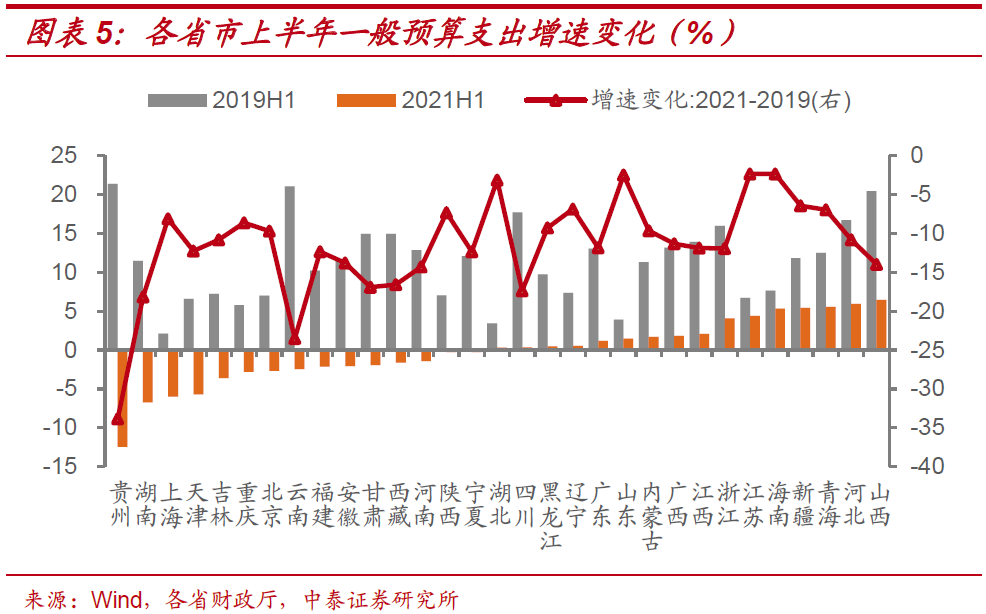Jump to
1) Why QT Now & Not Later
2) Rate Hikes & the Market in the 1970s
3) How Market Responded to QT (1 July 2022)
4) Update: Market Responded to QT (26 July 2022)
5) Update: Market Recovered? (26 July 2022)
Search for stock articles in this blog
The US stock market is very sensitive to the news and announcements about U.S. Federal Reserve (Fed)'s monetary policies, be it Fed Fund rate hikes or cuts or quantitative easing (QE) or tightening (QT). The stock market price will go up when there are rate cuts or QEs and vice versa.
This time around, Fed announced it will increase the Fed Fund rate hikes 6 or 7 times until the inflation is tamed. It will also carry out the QT at an increasing pace. Fed had carried out similar rate hikes and QT also in 2015 except this time around, the global economy is not looking as good.
This article will try to discuss how this round of monetary policies will affect the US as well as the stock market.
What happened?
Prior to 2020, the stock markets had their glorious days. These all came to an end when Covid broke up the pace in early 2020. The US has the highest Covid infection rate and many people died. The global economy took a tumble with many countries having negative GDP growth in the 1st quarter of 2020.
On March 15, 2020, the US Government took the initiative to pump over USD$700 billion into the US monetary system to rescue the economy. Later in the year, it made available USD2.3 Trillion for the lending program and expand the QE program with USD3.4 Trillion money for an unlimited period.
This 3.4 Trillion stimulus package of 2020 set the stock market on a rally; unfortunately, it also caused the US's inflation rate to rise quickly from an average of about 2.5% in 2020 to the present 8.5% in 2022.
To curb the rising inflation, Fed announced in September 2021 that it would raise the Fed Fund rate 6 or 7 times in a controlled manner. At about the same time, Fed also announced that it would reduce the QEs/ In May 2022, the Fed came up with a QT plan indicating that it would reduce the size of its balance sheet by up to USD$ 95 billion per month until further notice.
The following is the table showing the detail of the rate hikes and QE/QT plans carried out or to be carried out in 2020/22.
How the Stock Market Reacted?
These Fed's rate hikes and QT plans put the "nails" on the US stock market's "coffin", sending the US stock market tumbling an average of more than 15% to date as shown in the following chart.
Why was the US's Inflation rate Rising?
It is known that printing money indiscriminately for citizens to spend will cause the inflation rate to rise. For years since 2008, the US Fed has been said to "Print" a lot of money under its QE programs but these QEs are for lending programs and they have never caused the US inflation rate to rise. The last QE of USD3.4 Trillion in 2020 was given out for the US people to spend to tie over the Covid pandemic. This last QE raised the US's inflation rate from an average of 2.5 in 2020 to about 8.5% in 2022 as shown in the following chart.
If rate hikes can curb the rise in the inflation rate, why the need to do monetary tapering and QT?
There were no clear answers from Fed. Maybe the QE was never intended to be part of the permanent monetary system when the last Fed Chairman, Mr Bernake, introduced it in 2008/09. It was meant to be a temporary measure to rescue the failing economy during the "Great Recession" in 2008/09. It was supposed to be removed later and the money to be destroyed when the economy recovers.
When was the last QT?
Fed had planned to start QT in 2018 when it was thought to be the right time. The market sentiment was good and the US's economy was on the rise. But Fed removed the QT program in 2019 as it sensed an economic downturn caused by Covid that was spreading quickly in China.
back to top
Why QT now and not later?
Again, there were no clear answers from Fed. But it is believed that the Fed must have analysed the set of economic data for various major nations and was of the view that it is the correct time to carry out another QT.
One main reason why Fed so stubbornly insisted to carry QT may be because the 2 biggest US rivals, Russia and China, are now having trouble with their economies. This has presented a "window" for the US to carry out monetary policies that might affect & downwind the economy.
back to top
1) Rate Hikes & the Market in the 1970s
back to top
2) How the Market Responded to Fed's QT (1 July 2022)
However, nobody can be certain about what Fed will do next as it might just continue with the QT。 That will "kill" any upcoming rally.
1. 3.4 Trillion programs on Mar 15 2020
https://greenleaftrust.com/news/explaining-3-4-trillion-in-about-1000-words/
2. 6-7 rate hike not clear about QT on 23 Sept 21
https://sg.news.yahoo.com/fed-fomc-monetary-policy-decision-september-2021-141145429.html#:~:text=The%20Federal%20Reserve%20on%20Wednesday,policies%20in%20a%20few%20years.
3. Tapering started on 3 November 2021
https://www.cnbc.com/2021/11/03/fed-decision-taper-timetable-as-it-starts-pulling-back-on-pandemic-era-economic-aid-.html
4. Fed signaled QT plan on 6 April 2022
https://www.washingtonpost.com/business/what-the-feds-quantitative-tightening-plans-mean/2022/04/07/4774f172-b627-11ec-8358-20aa16355fb4_story.html
5. QT program schedule released on 4 May 2022
https://www.federalreserve.gov/newsevents/pressreleases/monetary20220504b.htm
6. Biggest rate hike since 2000 - 4 May 2022
https://www.theguardian.com/business/2022/may/04/fed-rate-increase-inflation#:~:text=The%20Federal%20Reserve%20moved%20to,between%200.75%25%20and%201%25.
8. Outlook of US's economy in 2022 and beyond
https://www2.deloitte.com/us/en/insights/economy/us-economic-forecast/united-states-outlook-analysis.html

Disclaimer: This article is for information and educational purposes. Readers are advised to conduct their own research and study to make their own investment decisions.












































